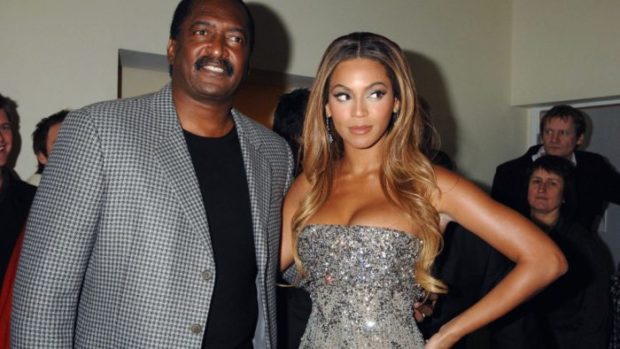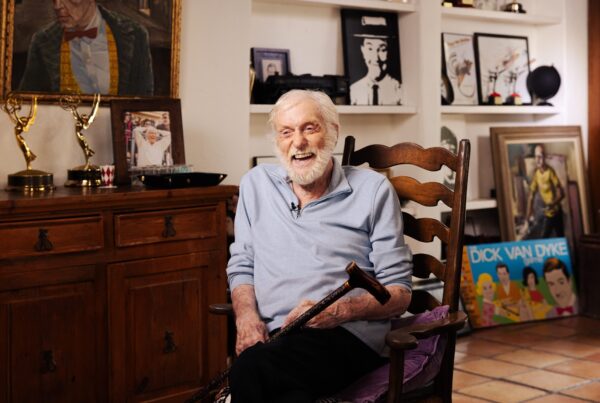According to statistics, about 0.5-1% of breast cancer cases will occur in men. Now, while this may seem like a low number, it’s still a real number that affects hundreds of men worldwide. In fact, one of these men is the father of a global superstar.
In July 2019, Mathew Knowles, the father of Beyoncé and Solange Knowles, found out that he had stage 1a breast cancer. Luckily, thanks to early detection, his doctors were able to treat his condition. Now, in honor of Breast Cancer Awareness Month, the chief executive officer of Music World Entertainment is using his journey to not only shed light on the condition but to also spread a message of hope.
Mathew Knowles’s Journey With Male Breast Cancer
As scary as Mathew Knowles’s breast cancer diagnosis was, it wasn’t the first time that he had been introduced to the disease. In fact, the disease has claimed the lives of his mother, aunt, and great-aunt. Thanks to his family history and the diagnosis, Knowles underwent genetic testing, and it was revealed that he carries a genetic mutation that may have influenced his diagnosis.
The cancer gene
BRCA1 and BRCA2 are genes that work to repair damaged DNA by producing proteins. Unfortunately, a genetic mutation of these genes can affect their ability to produce the protein necessary to repair damaged DNA. This in turn causes abnormal growth of cells, which eventually become cancerous.

As he is a carrier of the mutation, Mathew Knowles has made it a priority to constantly remind his daughters to get checked for the gene as they face an increased risk.
Black men are more likely to get breast cancer
Not only was Mathew Knowles’s risk of breast cancer heightened as a result of his genetic makeup, but his race also played a role.
According to a study published in JNCI Cancer Spectrum, rates of breast cancer are 52% higher in Black men than in white men. If that’s not enough, black men with breast cancer also typically have a lower chance of recovery. Unfortunately, at this time, the reason for the increased risk is still unknown.
Male breast cancer risks
In addition to family history, genetic makeup, and race, there are other risk factors that men need to be conscious of. These include;
- Age: The risk increases with age
- Obesity
- Liver disease
- Exposure to estrogen
- Excessive alcohol consumption
- Testicular health issues
Symptoms to watch out for
Prior to his diagnosis, Mathew Knowles kept noticing spots of blood on his shirt,
“Imagine a piece of white paper, and you took a red pen and just put a dot – that’s what it looked like in my T-shirt,” said Knowles during an interview. He added that after his wife noticed blood on their bedsheets, he squeezed his nipple and bloody discharge came out, “I immediately called my doctor.”
In addition to nipple discharge, other symptoms of male breast cancer include:
- A lump in the breast
- Changes to nipple – redness, swelling, becoming inverted, color, and texture change
- Nipple pain
- Enlarged lymph nodes under the arm
After the diagnosis
Following the confirmation of diagnosis, Mr. Knowles underwent a mastectomy to remove the tumor from his breast, and he’s now living a healthy and happy life. Now, as uncommon as male breast cancer is, it is still important to raise awareness, as well as support for those living with the condition.
“As a male breast/chest cancer survivor, I’ve learned one word…gratitude! I hope each and every one of you appreciate the beauty of life and live each day to the fullest…
As we begin Breast Cancer Awareness Month, I want to send a message of hope and love to those who are suffering from this terrible disease. You are strong, you are powerful, and you are a survivor.” – Matthew Knowles, Instagram .
MAIN IMAGE CREDIT: mrmathewknowles/instagram



![women [longevity live]](https://longevitylive.com/wp-content/uploads/2020/01/photo-of-women-walking-down-the-street-1116984-100x100.jpg)










